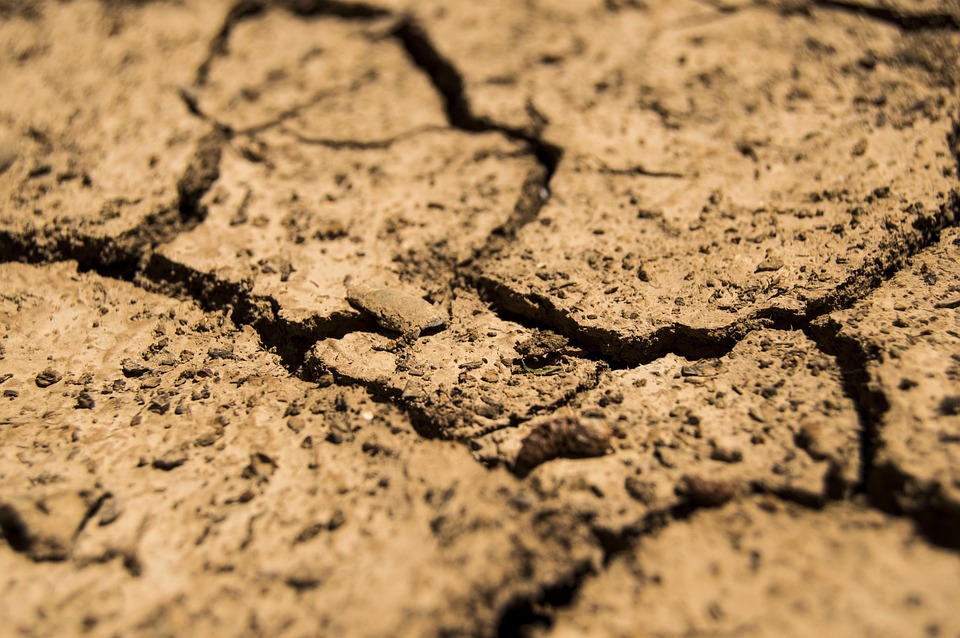Health
Recognizing the Key Signs of Dehydration

Hey there! Today, let’s chat about something super important that often flies under our radar: dehydration. It might not seem like a big deal at first, but if you don’t pay attention, it can lead to some serious health hiccups. So, grab a cold drink (make it water, of course!), and let’s dive into the key signs of dehydration and how you can spot them before it’s too late.
What Is Dehydration, Anyway?
Okay, so before we get into the signs, let’s make sure we’re on the same page. Dehydration happens when your body loses more fluids than it takes in. Our bodies are made up of about 60% water, and it’s crucial for everything from regulating temperature to keeping those joints moving smoothly. When we don’t drink enough water, we can start to feel pretty crummy.
Why You Should Care
Now, you might be wondering why this matters. Well, dehydration can
affect anyone: from kids playing outside in the summer heat to busy adults rushing around. Plus, did you know that even mild dehydration can impact your mood, energy levels, and focus? Talk about a productivity killer!
Recognizing the Signs: What to Look For
It can be so easy to miss the signs of dehydration, especially in our busy lives. But knowing what to look for could help you avoid headaches (literally!). Here are some key symptoms you should keep an eye on:
1. Thirst
This one’s a no-brainer. If your body is telling you it’s thirsty, it’s time to hydrate! Thirst is your body’s first alert signal that it needs more water. But don’t wait until you’re feeling parched; make drinking water a part of your daily routine.
2. Dark Urine
Here’s a fun little fact: the color of your urine can tell you a lot about your hydration levels. If your pee is light yellow or clear, you’re probably good to go! But if it’s dark yellow or amber? That’s your body waving a red flag.
3. Dry Mouth and Lips
Have you ever noticed your lips feeling a little chapped? Or maybe your mouth feels dry and sticky? That’s another sign your body is in need of some serious hydration. Dry mouth can make talking and eating uncomfortable, so keep that water bottle handy!
4. Fatigue
Are you feeling more tired than usual? Dehydration can lead to fatigue since your body isn’t getting the fluids it needs to function well. When your hydration levels drop, your energy can plummet too. If you’ve been chugging the caffeine but still feel sluggish, it might be time for a big glass of water.
5. Dizziness or Lightheadedness
Feeling a bit wobbly? It could be dehydration! When your body doesn’t have enough fluids, your blood pressure can dip, leading to those dizzy spells. If you find yourself feeling faint, sit down and gulp some water.
6. Headaches
Headaches are often your body’s way of saying “Hey! I need something!” Dehydration headaches can be pretty gnarly, and they tend to creep up when your fluid levels drop too low. So if you’re experiencing headaches, check in on your water intake!
7. Skin Elasticity
Here’s a nifty trick: pinch the skin on your hand or the back of your arm. If it doesn’t snap back quickly, that could indicate dehydration. Healthy skin should bounce back right away, but if it stays “pinched” for a moment, your body might be in need of more fluids.
8. Increased Heart Rate
When you’re dehydrated, your heart has to pump harder to circulate the blood. This can lead to an increased heartbeat. If you’ve noticed your heart racing for no apparent reason, consider grabbing a drink!
Who’s at Risk?
Some folks are more prone to dehydration than others. Here are a few groups that need to watch out:
- Children: They tend to sweat and lose fluids quickly.
- Elderly: Older adults might not feel thirsty and may not drink enough.
- Athletes: If you’re sweating buckets during a workout, you’ll need to replenish those lost fluids.
- Sick people: Fever, vomiting, or diarrhea can lead to rapid fluid loss.
For more in-depth information about hydration, check out this resource from the Mayo Clinic here.
How to Stay Hydrated
Okay, so now that you know how to recognize the signs, let’s talk about the best ways to stay hydrated. Here are some tips:
- Drink Water Regularly: Make it a habit to sip water throughout the day, not just when you’re thirsty.
- Eat Water-Rich Foods: Fruits and veggies like cucumbers, oranges, and watermelon are fantastic for hydration.
- Limit Diuretics: Caffeine or alcohol can cause you to lose more fluids, so try not to overdo it.
- Track Your Intake: Use an app or a water bottle with measurements to keep track of how much you’re drinking.
Keep an Eye on Your Fluid Intake
Recognizing the signs of dehydration is super important for maintaining your overall health and well-being. By staying vigilant and drinking enough fluids, you can keep those sluggish feelings and headaches at bay.
So, the next time you notice a dry mouth or a headache starting to creep in, you’ll know what to do! Keep a trusty water bottle by your side, and make hydration a priority.
Looking out for your hydration can make a huge difference in how you feel each day. Here’s to quenching your thirst and keeping your body in tip-top shape! Cheers!
